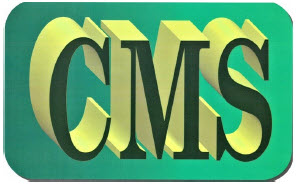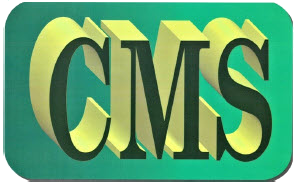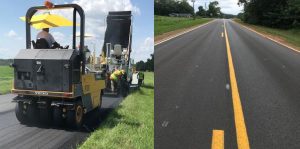When Andrew Johnson started Construction Materials Services (CMS) in 1998, his focus was on asphalt mix design. As the company grew, he saw a need in local governments to manage the complexities of road projects. Additionally, he noted that GDOT (Georgia Department of Transportation) requirements for these programs can be overwhelming for public employees. To help fill these gaps, it was only natural for Andrew to expand into professional services, including LMIG (Local Maintenance and Improvement Grant) and TIA (Transportation Investment Act).

When it comes to improving transportation infrastructure in Georgia, two key programs stand out:
- Local Maintenance and Improvement Grant (LMIG)
- Transportation Investment Act (TIA).
These initiatives are essential tools for local governments looking to fund road repairs, infrastructure upgrades, and transportation enhancements. At CMS, we specialize in helping city and county governments navigate these programs efficiently and maximize their available funding.
What is LMIG?
The Local Maintenance and Improvement Grant (LMIG) is a funding program managed by the Georgia Department of Transportation (GDOT). It provides local governments—cities and counties—with annual funding to support transportation projects such as:
- Road resurfacing
- Pothole repair
- Sidewalk installation
- Traffic signal upgrades
LMIG is designed to reduce the financial burden on local jurisdictions by contributing state funds toward transportation improvements. Each locality must match a small percentage of the grant (typically around 10-30%) to qualify.
What is TIA?
The Transportation Investment Act (TIA) is another central infrastructure funding mechanism in Georgia. Approved by voters in participating regions, TIA adds a one-percent regional sales tax to fund a predetermined list of transportation projects. Unlike LMIG, TIA funding is project-specific and voter-approved, meaning communities have more control over what gets built and when.
TIA is divided into three funding bands over a 10-year period, ensuring long-term investment in local and regional mobility. The program supports a wide range of projects, including:
- Road expansions
- Bridge replacements
- Pedestrian improvements
- Transit initiatives.

How CMS Can Help
At Construction Materials Services, we understand that securing and utilizing LMIG and TIA funding can be complex and time-consuming. That’s where we come in.
Our services include:
- Grant Application Support: We help local governments prepare and submit successful LMIG applications by identifying eligible projects, preparing cost estimates, and compiling required documentation.
- Project Planning and Design: Whether it’s a resurfacing project or a complete streets upgrade, we handle planning, engineering, and permitting to ensure projects meet GDOT and TIA requirements.
- Construction Management: From bidding to final inspection, we oversee every stage of project delivery to ensure timelines and budgets are met.
- Compliance and Reporting: LMIG and TIA funding come with strict accountability standards. We assist with record-keeping, reimbursement requests, and post-project audits.


Leave a Reply